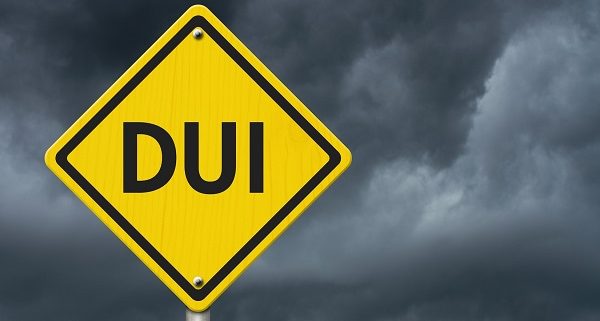Understanding DUI Charges in Texas
In Texas, a DUI charge can have serious legal consequences, including fines, license suspension, and even jail time. It is essential for individuals facing such charges to understand the specific laws and penalties associated with DUI offenses in the state.
The penalties for DUI can vary based on several factors, including the driver's blood alcohol concentration (BAC) at the time of arrest, whether it is a first offense or a repeat offense, and if there were any aggravating circumstances, such as having a minor in the vehicle. Understanding these nuances can help individuals prepare their defense and mitigate potential penalties.
Common Defenses Against DUI Charges
When charged with a DUI, there are several defenses that a qualified attorney may employ to challenge the evidence against the accused. Common defenses include questioning the legality of the traffic stop, the accuracy of the breathalyzer test, and the proper administration of field sobriety tests.
For instance, if the officer did not have reasonable suspicion to stop the vehicle, any evidence obtained may be deemed inadmissible in court. Additionally, if the breathalyzer was not calibrated correctly or the officer did not follow proper procedures, the results could be contested. Understanding these defenses can significantly impact the outcome of a DUI case.
The Importance of Legal Representation in DUI Cases
Hiring an experienced attorney is crucial when facing DUI charges. A knowledgeable lawyer can navigate the complexities of the legal system, advocate for the defendant's rights, and work towards achieving the best possible outcome.
Legal representation can make a significant difference in the case's outcome, whether it involves negotiating plea deals, reducing charges, or preparing for trial. An attorney familiar with Texas DUI laws can provide insights and strategies that may not be apparent to someone without legal training.
Long-term Consequences of a DUI Conviction
A DUI conviction can have lasting effects on an individual's life, including impacts on employment, insurance rates, and personal relationships. Understanding these long-term consequences is vital for anyone facing DUI charges.
For example, many employers conduct background checks, and a DUI conviction can affect job prospects. Additionally, insurance premiums may increase significantly, and some individuals may face difficulties obtaining insurance altogether. Being aware of these potential repercussions can help individuals make informed decisions about their legal strategies and future.


